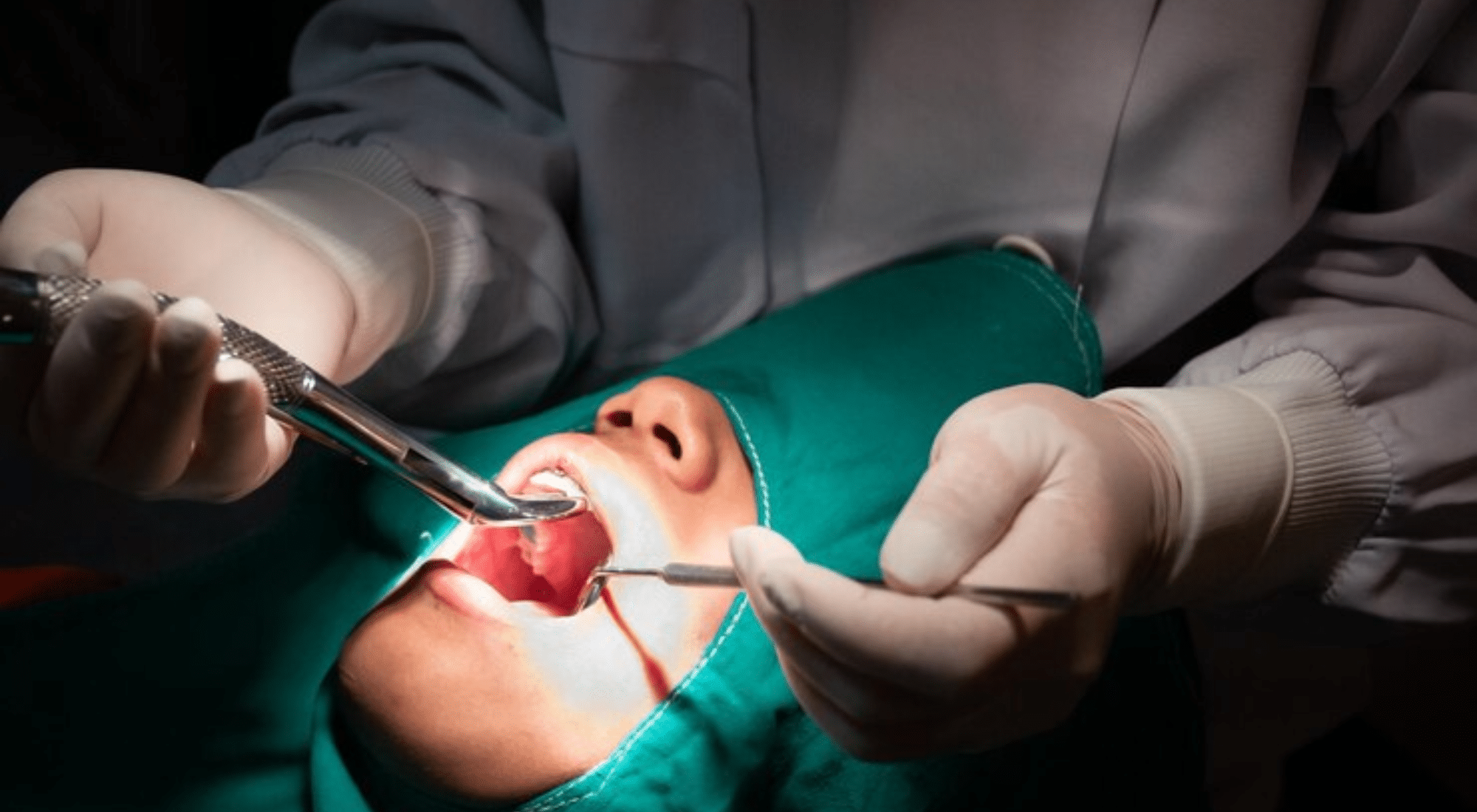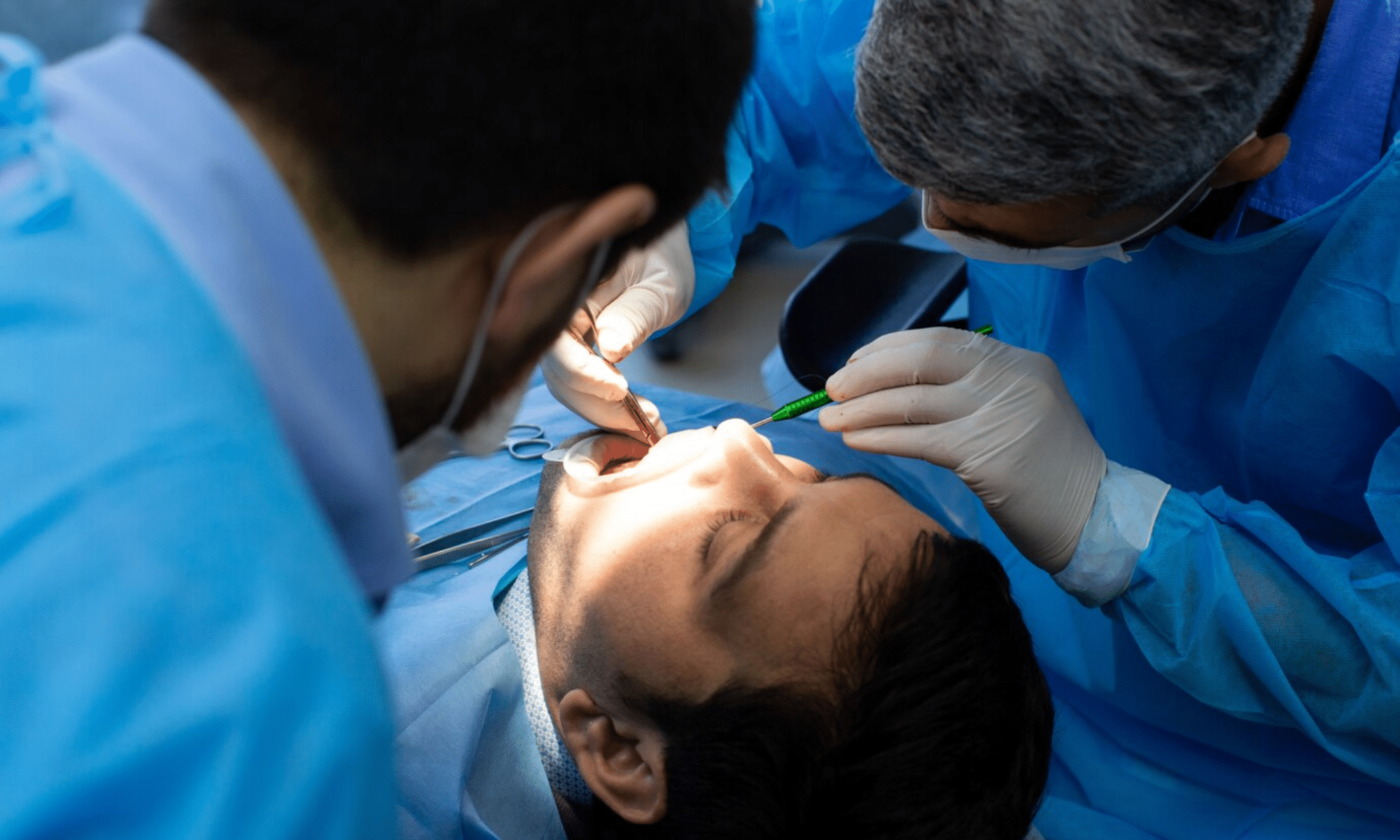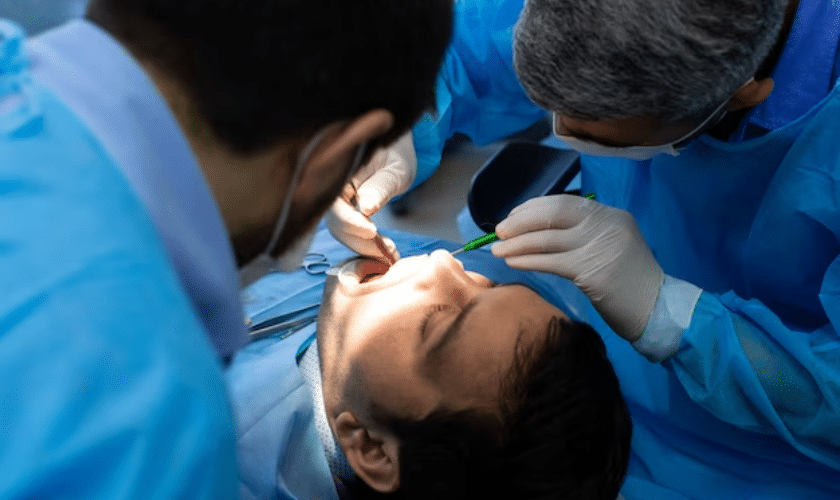
Beyond the Scalpel: Harnessing the Power of Oral Surgery
Welcome to the world of oral surgery, where precision and expertise meet to restore and transform smiles. Beyond the scalpel lies the realm of advanced dental procedures that address complex oral health issues and unlock new possibilities for patients. Whether it’s the removal of impacted teeth, corrective jaw surgery, or dental implant placement, oral surgery plays a pivotal role in improving dental function, aesthetics, and overall well-being. Join us as we delve into the remarkable power of oral surgery, exploring its techniques, benefits, and the profound impact it can have on the lives of patients. Get ready to embrace a new era of oral health and confidence.
Common Oral Surgical Procedures
I. Tooth Extraction
A. Reasons for tooth extraction, such as severe decay or damage
B. Different types of tooth extraction, including simple and surgical extractions
C. Post-extraction care and potential complications to be aware of
II. Wisdom Tooth Removal
A. The importance of removing impacted wisdom teeth
B. Procedure for wisdom tooth removal, including anesthesia options
C. Recovery tips and potential risks associated with wisdom tooth extraction
III. Dental Implant Placement
A. Overview of dental implants and their benefits
B. Steps involved in dental implant placement, including bone grafting if necessary
C. Aftercare instructions and long-term success of dental implants
IV. Corrective Jaw Surgery (Orthognathic Surgery)
A. Conditions that may require corrective jaw surgery, such as malocclusion or jaw misalignment
B. Surgical techniques used in orthognathic surgery
C. Post-surgery recovery and the impact of corrective jaw surgery on bite alignment and facial aesthetics
Benefits of Oral Surgery
1. Improved oral health: Oral surgery can address various oral health issues, such as tooth decay, gum disease, impacted teeth, and jaw misalignment, leading to improved oral health and function.
2. Enhanced aesthetics: Oral surgery procedures, such as dental implants or corrective jaw surgery, can improve the appearance of your smile by restoring missing teeth, correcting jaw alignment, and enhancing facial harmony.
3. Alleviation of pain and discomfort: Oral surgery can alleviate pain and discomfort caused by dental problems like impacted teeth or temporomandibular joint (TMJ) disorders, improving your overall quality of life and allowing you to enjoy everyday activities without discomfort.
The Oral Surgery Process
1. Consultation and examination: The oral surgery process begins with a consultation where the oral surgeon assesses your oral health, discusses your concerns, and develops a treatment plan tailored to your specific needs.
2. Surgical procedure: The actual oral surgery is performed using specialized techniques and tools. The surgeon will ensure your comfort and may administer anesthesia to minimize pain and discomfort during the procedure.
3. Post-operative care: After the surgery, you will be provided with instructions for post-operative care. This may include managing pain and swelling, maintaining oral hygiene, and following a specific diet. Regular follow-up visits will be scheduled to monitor your healing progress and ensure optimal results.
Addressing Oral Surgery Myths and Misconceptions
1. Oral surgery is extremely painful: One common myth is that oral surgery is highly painful. However, advancements in anesthesia and pain management techniques have made oral surgery procedures much more comfortable for patients. The oral surgeon will ensure that you are properly anesthetized and provide post-operative pain management options to keep you comfortable throughout the recovery process.
2. Oral surgery is only for serious cases: Another misconception is that oral surgery is only required for severe dental issues. While oral surgery is often recommended for complex cases, it can also be performed for various other reasons, such as tooth extractions, dental implants, jaw realignment, and treating oral infections. The oral surgeon will evaluate your specific condition and determine the most appropriate treatment approach.
Choosing the Right Oral Surgeon
1. Experience and expertise: When choosing an oral surgeon, it’s important to consider their experience and expertise in performing oral surgical procedures. Look for a surgeon who has a proven track record, extensive training, and specialization in oral and maxillofacial surgery. They should be knowledgeable about the latest techniques and advancements in the field.
2. Comfort and communication: Oral surgery can be a complex and sometimes intimidating process. It’s essential to find an oral surgeon who makes you feel comfortable and communicates effectively. They should take the time to thoroughly explain the procedure, address your concerns, and answer any questions you may have. A good oral surgeon will prioritize patient comfort, ensuring a positive and supportive experience throughout the treatment journey.
Source : N.K. Cookery
In conclusion, oral surgery plays a vital role in addressing various dental and oral health issues, providing solutions that improve both functionality and aesthetics. With the advancements in technology and the expertise of oral surgeons, these procedures are now safer, more efficient, and yield excellent outcomes. Whether it’s wisdom tooth extraction, dental implants, or corrective jaw surgery, oral surgery offers patients the opportunity to regain their oral health, restore their smiles, and enhance their overall quality of life.
Common FAQs about Oral Surgery
1. Is oral surgery painful?
While you may experience some discomfort during and after the procedure, the oral surgeon will administer anesthesia to ensure you are as comfortable as possible. They will also provide post-operative instructions and prescribe appropriate pain medication if needed.
2. How long does it take to recover from oral surgery?
The recovery time can vary depending on the specific procedure and individual factors. In general, most patients can expect to recover within a few days to a couple of weeks. The oral surgeon will provide detailed post-operative care instructions to help speed up the recovery process.
3. Are there any risks or complications associated with oral surgery?
Like any surgical procedure, oral surgery does carry some risks, such as infection, bleeding, or damage to surrounding structures. However, these risks are minimal and can be minimized by choosing a skilled and experienced oral surgeon and following post-operative care instructions.
4. Will I be able to eat normally after oral surgery?
Your ability to eat may be temporarily affected immediately after oral surgery, especially if the procedure involved your jaw or teeth. Your oral surgeon will provide specific dietary guidelines and recommend soft or liquid foods during the initial healing period.
5. Will insurance cover the cost of oral surgery?
Insurance coverage for oral surgery varies depending on your specific insurance plan. It’s best to check with your insurance provider to understand the extent of coverage for oral surgical procedures. Your oral surgeon’s office can also help you navigate insurance claims and provide information about payment options and financing plans.




